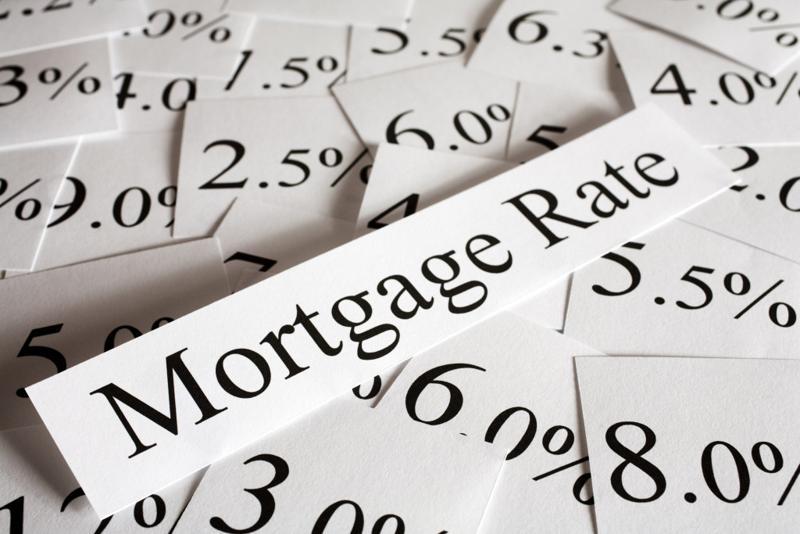Posted on January 21, 2023

- 1. Understand the Rental Market
- 2. Secure Financing for Your Investment
- 3. Analyze the Numbers to Ensure Profitability
- 4. Establish Proper Property Management Protocols
- 5. Identify Income-Generating Opportunities
- In Closing
- Fixed-rate mortgages
- Adjustable-rate mortgages (ARMs)
- Government-backed loans
- Private financing
- Understand the rental market and laws before investing in real estate.
- Secure financing from a lender specializing in real estate lending.
- Analyze the numbers to ensure profitability.
- Establish property management protocols and keep accurate records.
- Identify income-generating opportunities beyond rent payments.
Starting a rental property business can be rewarding financially, but it can also be quite risky if you don’t plan carefully. To ensure your success, it’s essential to take the time to do some research and prepare accordingly. With that in mind, here are five tips for starting a successful rental property business.
1. Understand the Rental Market
Before investing in real estate, you should understand how your local market works. Research rental prices, vacancy rates, and other relevant data. This will give you a better idea of the type of rental property you should invest in and what rental rates or return on investment to expect. It’s also essential to understand the laws that regulate residential rentals in your area, such as landlord-tenant law, eviction procedures, zoning regulations, fair housing laws, etc.
2. Secure Financing for Your Investment
Before purchasing a rental property, securing financing from a lender specializing in real estate lending is important. Many traditional lenders are not familiar with the nuances of investment property loans which could put your deal at risk if there is an issue during closing. Shop around for lenders and compare loan terms to get the best deal.
There are also different kinds of loans you should consider, which will be discussed in the following:
Fixed-rate mortgages
These are the most common type of mortgage. With a fixed-rate mortgage, the interest rate remains constant for the loan’s full term and will not change over time. This makes them an ideal option for investors who want to have predictable monthly payments and those who plan on holding onto the property over a long period.
Adjustable-rate mortgages (ARMs)
As opposed to fixed-rate mortgages, adjustable-rate mortgages have interest rates that may shift during the loan’s duration. While these loans usually start with lower initial rates than fixed-rate mortgages, they could become more expensive if interest rates rise. This makes them better suited for investors who don’t plan on keeping the property for a long time and want to take advantage of lower initial payments.
Government-backed loans
Government-backed loans such as FHA and VA loans are available to qualified buyers and come with certain incentives, such as no down payment or reduced interest rates. These home remortgages can be beneficial for investors who have good credit but don’t have enough funds for a large down payment.
Private financing
If you don’t qualify for traditional financing from a bank or lender, you may be able to seek out private funding. This type of loan is often offered by individual investors or companies that specialize in real estate investments. Private lenders usually charge higher interest rates than traditional lenders, so shopping around for the best deal is essential.
3. Analyze the Numbers to Ensure Profitability
After you find a suitable property and secure financing, it’s time to crunch some numbers. Calculate how much your investment will cost and determine how much can be recouped through rental income. Before purchasing the property, you should also project potential expenses like maintenance costs, taxes, insurance, vacancy rates, etc.
Once you have all the information, it is vital to assess the viability of your investment. Analyze whether the rental income will realistically cover your expenses and give you a return on investment over time. You can do this by looking at the capitalization rate (Cap Rate), which is calculated by dividing the annual net operating income from a property by the purchase price. A higher Cap Rate typically indicates a healthier investment with more potential for profitability.
4. Establish Proper Property Management Protocols
Once you have acquired a rental property, it’s important to set up proper protocols for managing tenants and maintaining your investment. Make sure all tenant agreements are in writing and adhere to local laws. Additionally, keep accurate records of all deposits, payments, and expenses, as this will make your life much easier when it’s time to pay taxes or deal with any disputes.
It’s also essential to establish a clear policy for repairs and maintenance, so tenants know when they can expect you to take care of any necessary repairs. Lastly, make sure you are aware of local landlord-tenant laws to ensure that you and your tenants comply with the law. By following these steps, you can help ensure a successful property investment.
5. Identify Income-Generating Opportunities
When you own a rental property, there are many ways to generate extra income beyond rent payments. For example, you could offer services like pet sitting or lawn care for an additional fee. You could also consider renting out storage space in your basement or offering parking spots for other revenue streams. You could also consider offering your rental property as a vacation rental or Airbnb. Doing so can bring in significantly more income than renting it out traditionally on a long-term lease.
In Closing
Starting a rental property business can be both rewarding and profitable if done correctly. Be sure to research before investing in a property, understand the local rental market, secure financing, analyze the numbers thoroughly, establish proper property management protocols, and identify other potential income-generating opportunities. With these tips in mind, you will be well on your way to a successful rental property business.
